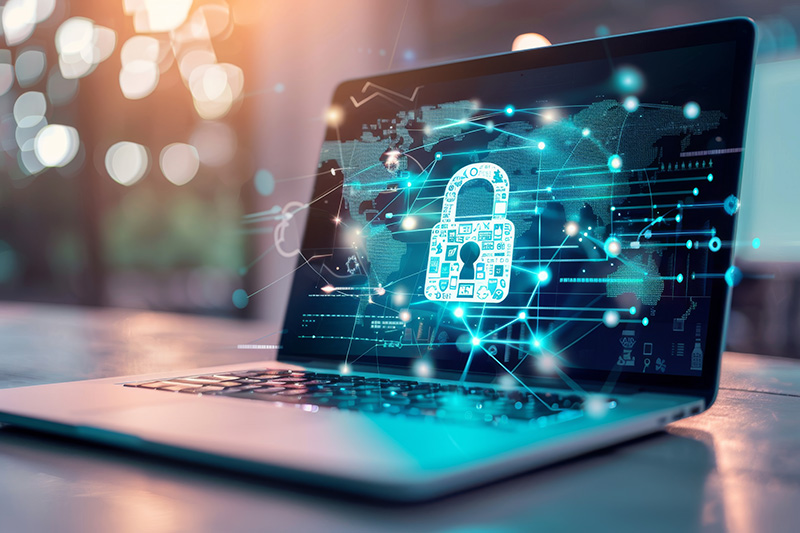We’ve all heard the horror stories of massive data breaches, many of which occur in industries that affect us first-hand. Target, The Home Depot, TJ Maxx, eBay, Anthem, Premera – some of the most recent attacks are businesses we interact with on a daily basis.
With all of these data breaches taking place, it’s clear that no industry is immune to this security nightmare. But what’s really at stake here? Just a few photos of your cat, your most current physical, and your Twitter password? Not exactly.
Social security numbers
With a stolen social security number, thieves can easily assume your identity. This means that crimes such as financial fraud can be committed under your name.
To avoid a complete breakdown of your identity (and your future), pay careful attention to your credit. Consider partnering with a company that offers identify theft protection services. Even something as simple as tracking your credit weekly on a source like CreditKarma can go a long way in protecting your identity.
Credit card numbers
Credit card fraud happens every day—every minute for that matter. And fraud can be played out any number of ways—with handmade gadgets, malicious software, or brute-force attacks to online databases. But once a hacker takes those sensitive numbers, your money becomes their money.
To avoid credit card fraud, it’s crucial that you monitor your account on a daily basis. Always make sure you can account for each and every purchase, even if it is something as insignificant as $0.99. Criminals tend to start off slow to see if you’re paying attention, and when they find out you aren’t, they’ll take you for all you’ve got. Or, they might just take and take and take until you finally notice.
To keep your information as secure as possible, shred documents, never save online passwords, and shield your cards in public.
Email + physical addresses
Once an attacker uncovers your email address, they can send you as many phishing emails as they want. These emails in particular can be especially sneaky because the hackers will pose as the company they stole the information from, making it extremely difficult to determine if the email is credible or not.
If you get an unexpected email to verify your account information (and credit card number) from a company you frequently use, then you should immediately be suspicious of the request. Never click a link in the email and always verify the request by calling the company in question.
On the other hand, if a thief retrieves your physical address alongside the other stolen information, the damage can be just as great. Just as you would with any suspicious-looking email, if you ever receive a document in the mail that asks for sensitive personal information, always verify the request before doing anything.




